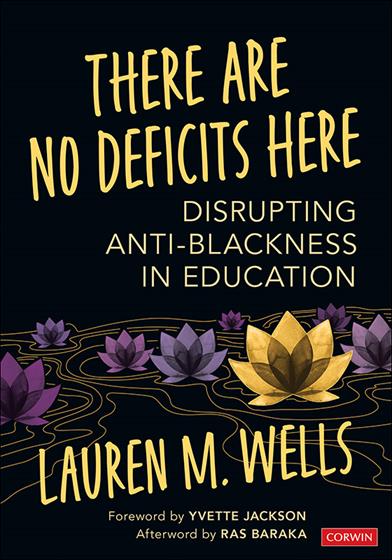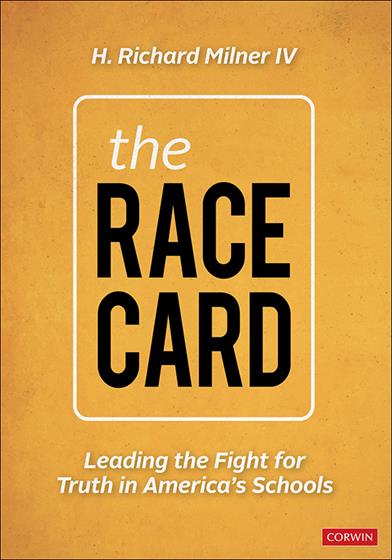Searching for Amistad in Two School Districts: A Case Study of Black History Curriculum Implementation in New Jersey
By Kevin L. Clay and Nora C. R. Broege
Educational Administration Quarterly; 2022; Volume 58, Issue 5
Incorporating culturally relevant education in K-12 classrooms presents many schools with both systemic and curricular challenges, but teachers and leaders have found practical responses that can lead you in the right direction.
Despite abundant research connecting culturally relevant education to improvements in student motivation and engagement with content, little research exists examining leadership and the implementation of culturally relevant curriculum in K-12 classrooms. This case study of two New Jersey school districts aims to fill that gap by analyzing how school leadership responded to and interpreted the state’s Amistad Legislation.
Though researchers argue that the legislation is largely symbolic and lacks enforceable measures that enact transformative change, they identify numerous leadership practices that have had measurable positive impacts on schools and districts because they act within the “spirit” of the law. At the same time, they describe common challenges that leaders faced when attempting to fill the gaps left by the legislation’s language, including a lack of metrics, a dearth of contextual lesson materials, and the need for meaningful assessment tools.
Related Titles



Resources
Both the Hoboken and Implications and Directions for Future Study sections offer valuable insights into the need for leadership-directed curriculum change and professional development where Black history education and culturally relevant teaching is concerned. Links to publicly available curriculum are also available:
Reflection Questions and Next Steps
- What efforts have your school or district taken to ensure that its curriculum is historically accurate and culturally relevant?
- In the article, Hoboken leaders looked at the literature that teachers used in lessons about slavery and the accuracy of such representations. Would it benefit your grade level to examine the literature you use to teach Black history?
- Do your teachers receive the training they need to teach subject matter that addresses racism, colonialism, and slavery? If not, how can you change that?
- Do you feel equipped to have difficult conversations with your students about race? Think about the example in the article of Colin Kaepernick’s decision to kneel during football games. What resources and support do you need to confidently guide such conversations?
- How can we prepare our educators to engage their students in difficult discussions while maintaining a positive learning environment for everyone?